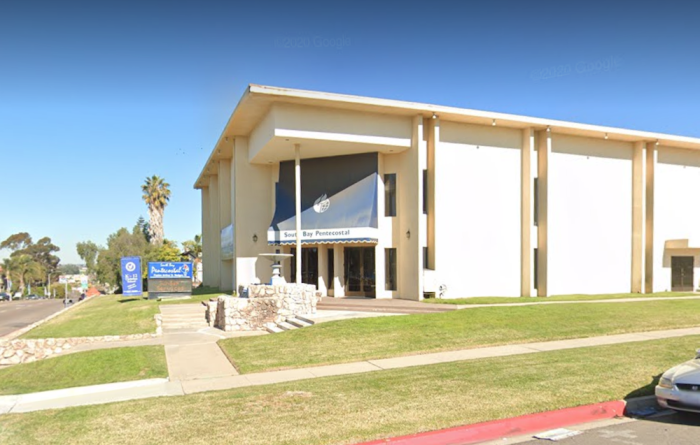Calif. Pentecostal church loses worship ban lawsuit, appeals to Supreme Court

UPDATE: Gov. Gavin Newsom released guidelines Monday to allow places of worship to hold in-person services "upon approval by the county department of public health." Attendance must be limited to 25% capacity of the building or up to 100 attendees (whichever is lower). Specific guidelines on reopening can be found here.
Original story below
After a federal appeals court rejected a California church's request for a temporary restraining order against the state’s ban on worship gatherings, the church is now taking its case to the U.S. Supreme Court.
South Bay United Pentecostal Church in San Diego, which draws 200-300 congregants, petitioned the nation's highest court on Sunday to intervene as it seeks to hold in-person services amid the COVID-19 pandemic.
“California’s four stage Reopening Plan permits manufacturing, warehousing, retail, offices, seated dining at restaurants, and schools to reopen, but bans places of worship from holding church services. On its face, this plan is a blatant violation of the Free Exercise Clause of our First Amendment,” Tom Brejcha, president and chief counsel for the Thomas More Society, argued.
The petition comes days after the U.S. 9th Circuit Court of Appeals ruled 2-1 to uphold Gov. Gavin Newsom’s ban on in-person worship services.
The judges wrote, “We’re dealing here with a highly contagious and often fatal disease for which there presently is no known cure. In the words of Justice Robert Jackson, if a ‘[c]ourt does not temper its doctrinaire logic with a little practical wisdom, it will convert the constitutional Bill of Rights into a suicide pact.’”
California is currently in stage two of its reopening plan, where retailers, including clothing stores, bookstores and warehouses, are allowed to operate with curbside pickup. Restaurants in certain counties have also reopened.
Meanwhile, churches, along with movie theaters and hair salons, have been categorized as a “higher risk workplace” and have been placed in phase three of the reopening plan. Newsom is expected to announce new reopening guidelines for churches and other religious places on Monday.
"We have been very aggressive in trying to put together guidelines that will do justice to people's health and their fundamental need and desire to practice their faith," the governor said last week.
Judge Daniel Collins of the appeals court wrote a dissent Friday in support of the Pentecostal church, contending, “By explicitly and categorically assigning all in-person ‘religious services’ to a future Phase 3—without any express regard to the number of attendees, the size of the space, or the safety protocols followed in such services8 —the State’s Reopening Plan undeniably ‘discriminate[s] on its face’ against ‘religious conduct.’
“Warehousing and manufacturing facilities are categorically permitted to open, so long as they follow specified guidelines. But in-person ‘religious services’—merely because they are ‘religious services’—are categorically not permitted to take place even if they follow the same guidelines. This is, by definition, not a generally applicable regulation of underlying physical conduct.”
In its petition to the U.S. Supreme Court, South Bay United Pentecostal Church said it did not file or join any initial lawsuits against executive orders that were first issued in previous months because it wanted to help curb the pandemic.
But months later, as the state allowed various businesses to open while keeping its ban on worship services, the church believed it was “an unconstitutional violation of their right to the Free Exercise of religion.”
The church said that it is prepared to hold services consistent with social distancing and other safety measures, such as requiring masks and prohibiting singing, to prevent spreading the disease.
“[B]anning worship in church is banning the single most important exercise of religious rights,” the church said in its petition. “Arguments that people of faith can engage in activity not required by their faith, while banning the activity that is required, does not help the State … Indeed, disputes over how people may worship is what led to the founding of this great country.”




























